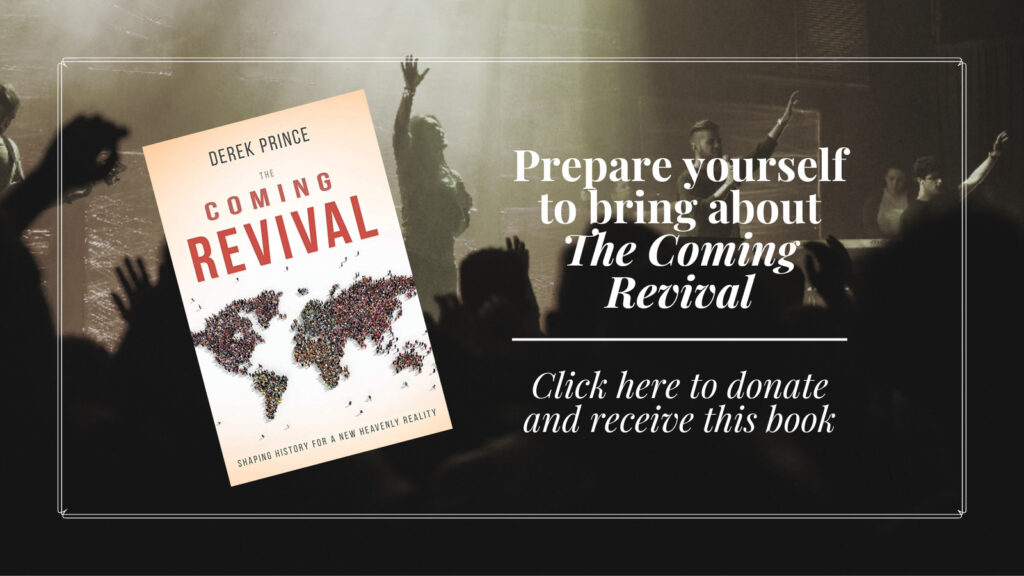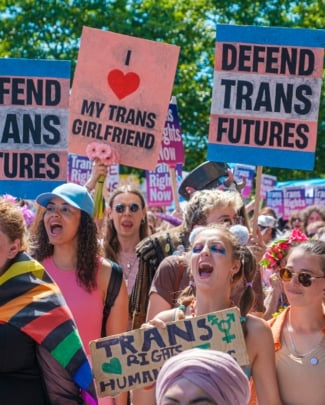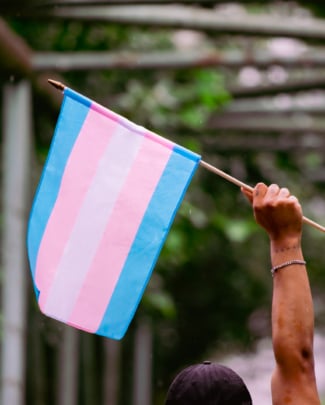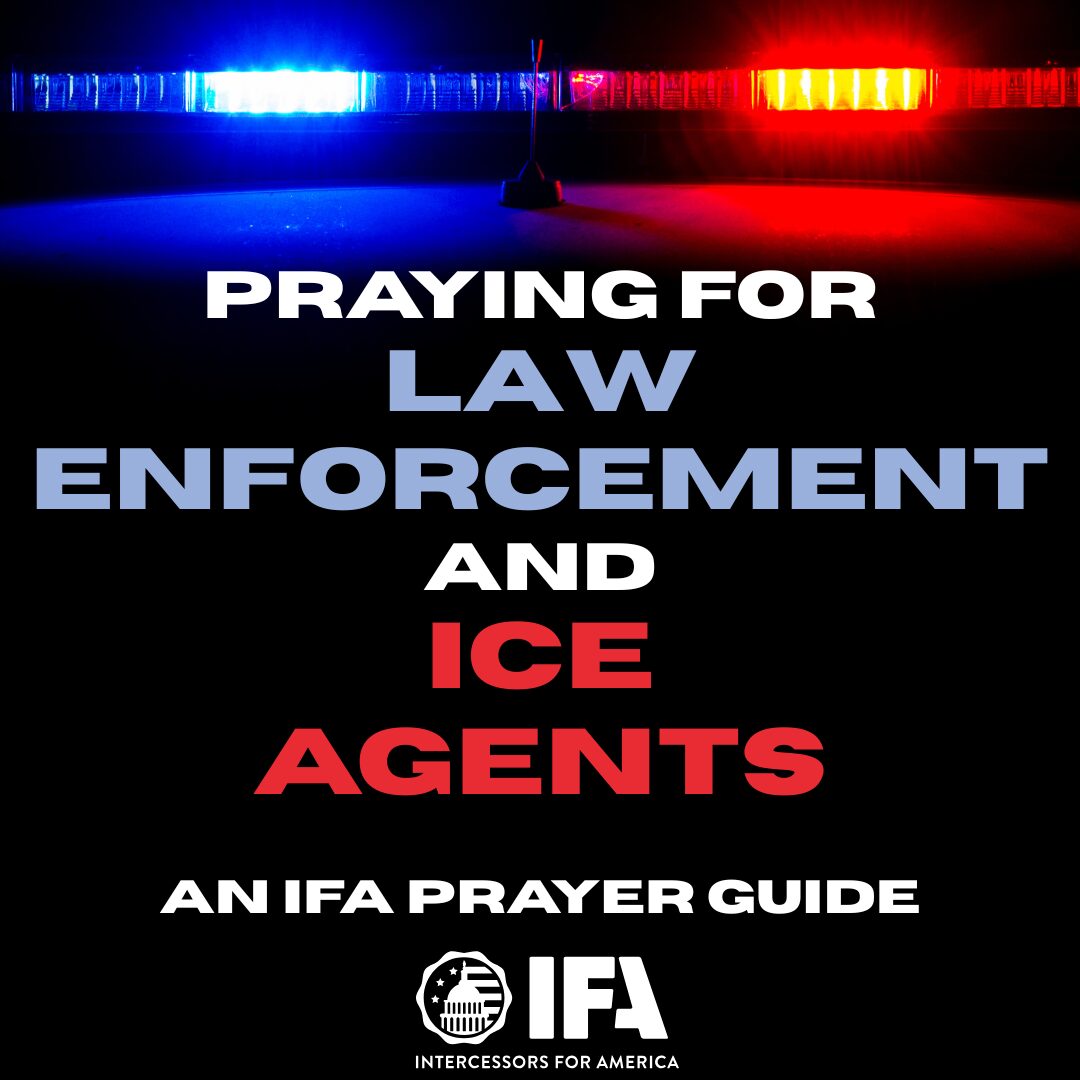The Effects of Elites and Luxury Beliefs
WHO Cautions against Disease X: “When, Not If”
Lesson Learned: The Importance of Praying for Our Officials
Illegal Immigration and the 2024 Election
Biden’s Palestinian Memo Provides Intel for the Church
The Effects of Elites and Luxury Beliefs
Our nation has changed. Theories and philosophies that seem incompatible with reality now dominate public thought and even dictate policy. Where did these new ideas and phrases come from?
From The Wall Street Journal. In the same way that you don’t notice the specifics of your own culture until you travel elsewhere, you don’t really notice your social class until you enter another one. As an undergraduate at Yale a decade ago, I came to see that my peers had experienced a totally different social reality than me. I had grown up poor, a biracial product of family dysfunction, foster care and military service. Suddenly ensconced in affluence at an elite university—more Yale students come from families in the top 1% of income than from the bottom 60%—I found myself thinking a lot about class divides and social hierarchies.
Get involved in state level prayer with IFA.
I’d thought that by entering a place like Yale, we were being given a privilege as well as a duty to improve the lives of those less fortunate than ourselves. Instead, I often found among my fellow students what I call “luxury beliefs”—ideas and opinions that confer status on the upper class but often inflict real costs on the lower classes. For example, a classmate told me “monogamy is kind of outdated” and not good for society. I asked her what her background was and if she planned to marry. She said she came from an affluent, stable, two-parent home—just like most of our classmates. She added that, yes, she personally planned to have a monogamous marriage, but quickly insisted that traditional families are old-fashioned and that society should “evolve” beyond them.
My classmate’s promotion of one ideal (“monogamy is outdated”) while living by another (“I plan to get married”) was echoed by other students in different ways. Some would, for instance, tell me about the admiration they had for the military, or how trade schools were just as respectable as college, or how college was not necessary to be successful. But when I asked them if they would encourage their own children to enlist or become a plumber or an electrician rather than apply to college, they would demur or change the subject. …
Today, when luxury goods are more accessible to ordinary people than ever before, the elite need other ways to broadcast their social position. This helps explain why so many are now decoupling class from material goods and attaching it to beliefs. …
When my classmates at Yale talked about abolishing the police or decriminalizing drugs, they seemed unaware of the attending costs because they were largely insulated from them. Reflecting on my own experiences with alcohol, if drugs had been legal and easily accessible when I was 15, you wouldn’t be reading this. My birth mother succumbed to drug addiction soon after I was born. I haven’t seen her since I was a child. All my foster siblings’ parents were addicts or had a mental health condition, often triggered by drug use. …
This may explain why a 2019 survey conducted by the Cato Institute found that more than 60% of Americans with at least a bachelor’s degree were in favor of legalizing drugs, while less than half of Americans without a college degree thought it was a good idea. Drugs may be a recreational pastime for the rich, but for the poor they are often a gateway to further pain. …
It is harder for wealthy people to claim the mantle of victimhood, which, among the affluent, is often a key ingredient of righteousness. Researchers at Harvard Business School and Northwestern University recently found evidence of a “virtuous victim” effect, in which victims are seen as more moral than nonvictims who behave in exactly the same way: If people think you have suffered, they will be more likely to excuse your behavior. Perhaps this is why prestigious universities encourage students to nurture their grievances. …
To avoid misery, I believe we have to admit that certain actions and choices, including single parenthood, substance abuse and crime, are actually in and of themselves undesirable and not simply in need of normalization. Indeed, it’s cruel to validate decisions that inflict harm. And it’s a true luxury to be ignorant of these consequences.
What did you think of this article? Share your thoughts and revelations below.
(Excerpt from The Wall Street Journal. Photo Credit: Chad Davis from Minneapolis, United States – Defund the police and military, CC BY 2.0, Wikimedia Commons)
Partner with Us
Intercessors for America is the trusted resource for millions of people across the United States committed to praying for our nation. If you have benefited from IFA's resources and community, please consider joining us as a monthly support partner. As a 501(c)3 organization, it's through your support that all this possible.


We use cookies to ensure that we give you the best experience on our website. If you continue to use this site we will assume that you are happy with it. Privacy Policy





Comments
Wow isn’t this the truth! America is so ripe for the coming harvest and revival.. we must intercede for this category of our society as well!
In Jesus Name we stand and pray !!!